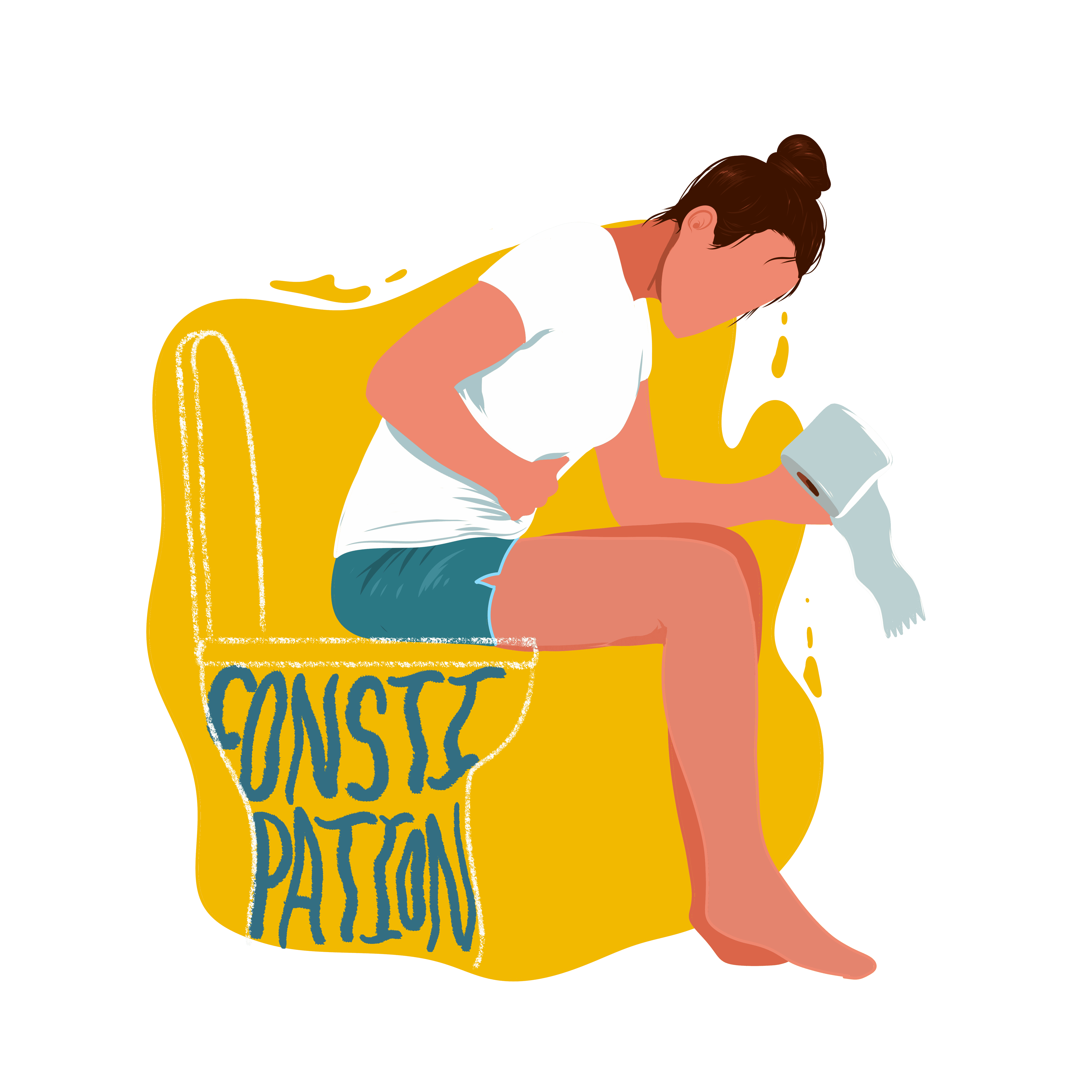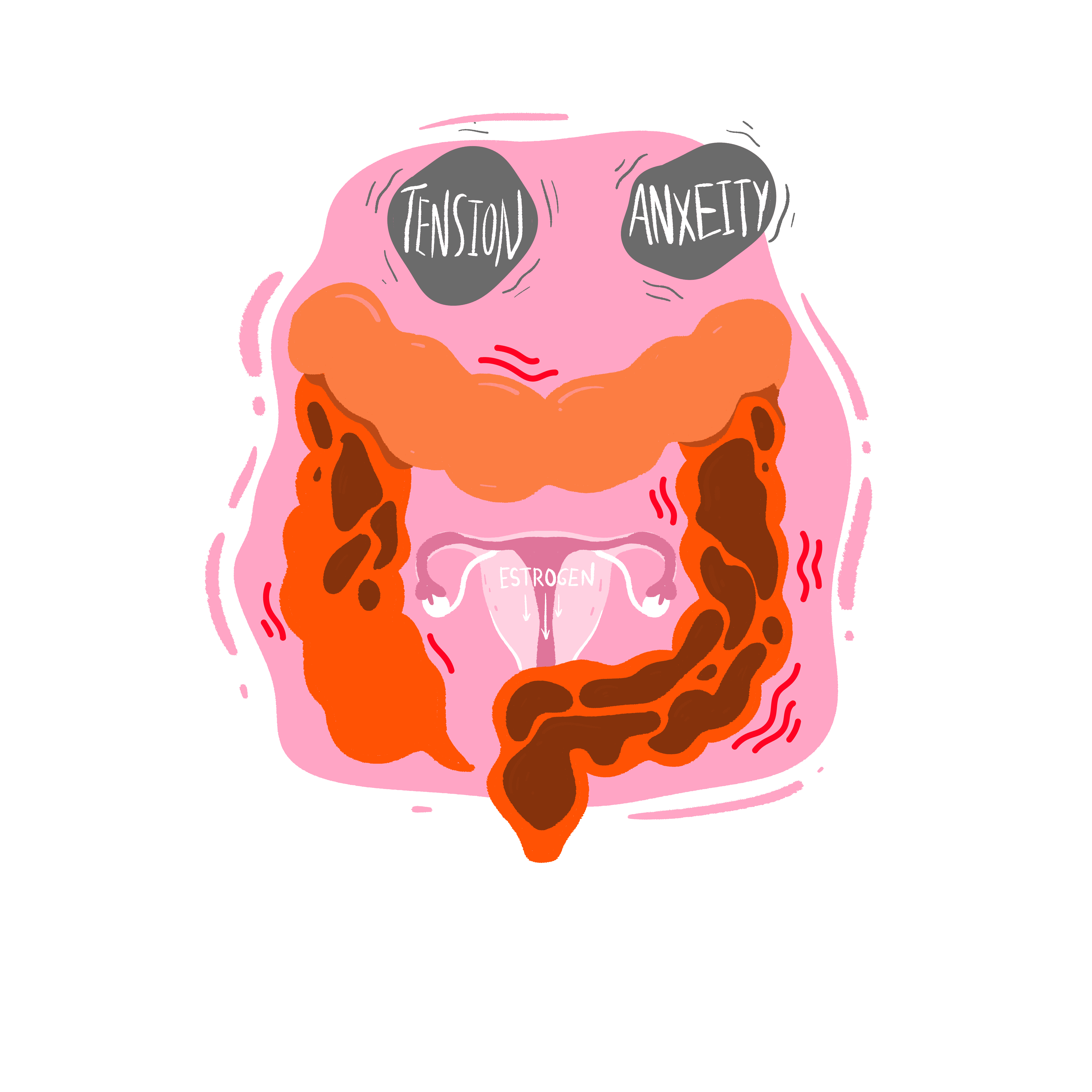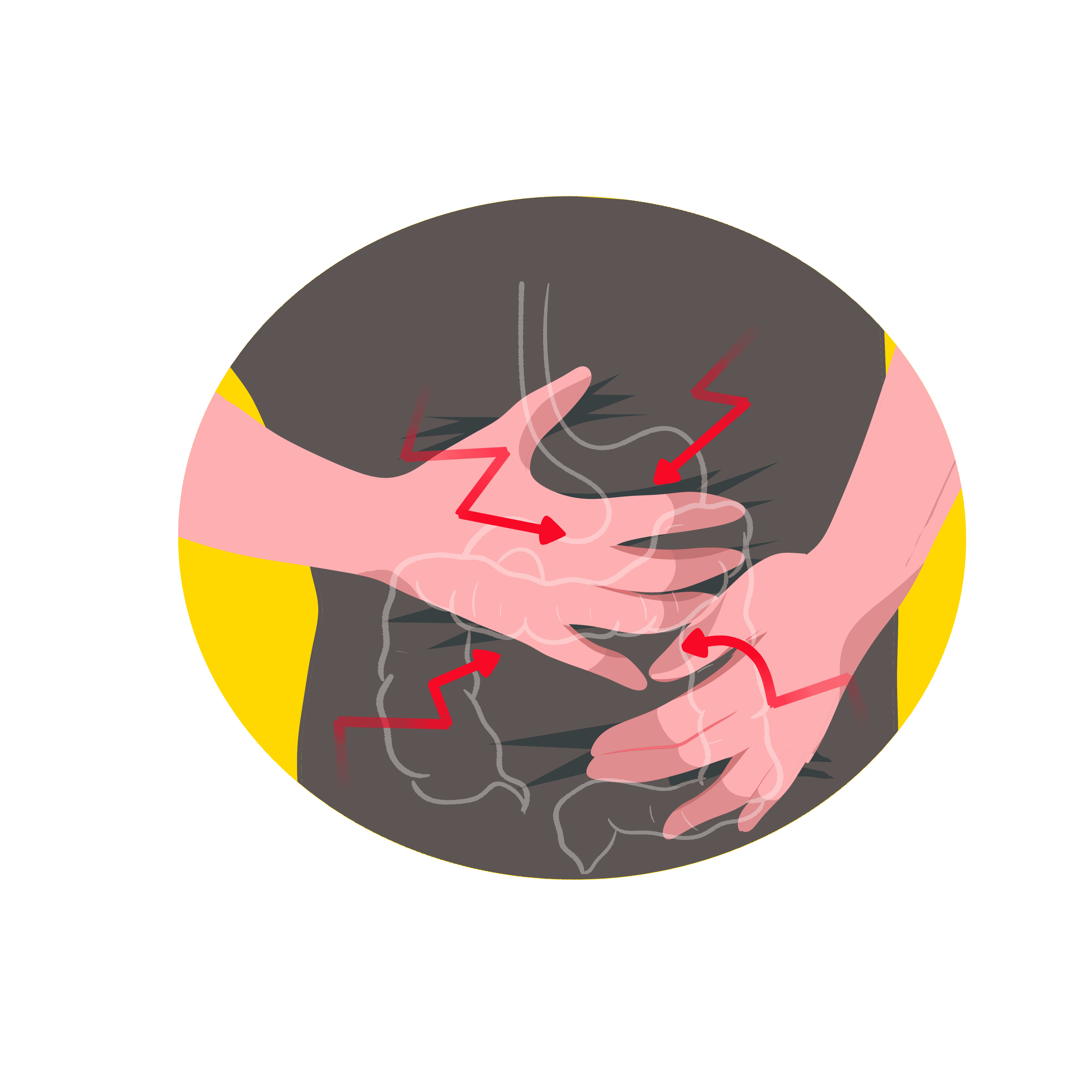It is often known that menopause and constipation are related, and that women going through menopause may experience gastrointestinal problems as a result of decreased estrogen levels. Constipation is only one symptom of this phase, but it can have a big influence on day-to-day living. Research has indicated that women 50 years of age and above have constipation frequently, and that the likelihood of chronic constipation increases with age. Stress, worry, and hormone decrease are some of the factors that make constipation even worse.
Hormone Replacement Therapy (HRT) is a popular treatment for menopausal symptoms, although its effectiveness in treating constipation is still up for debate. Nonetheless, the three most important approaches to treating menopausal constipation continue to be dietary changes, plenty of water, and consistent exercise. It’s important to know when to get medical help, particularly if your constipation doesn’t go away after changing your lifestyle.
Is Constipation a Symptom of Menopause?
Constipation is a potential menopausal symptom. Numerous studies have demonstrated the link between constipation and other gastrointestinal problems associated with menopause. Constipation is just one of the gastrointestinal symptoms women experience during their menopausal transition. The symptoms of constipation include straining, hard stools, decreased frequency of bowel movements, and an incomplete feeling of bowel movement.
In the study conducted by the group of Nini Callan of University of Washington, they’ve discussed that constipation is common in women aged 50 and older and chances of it becoming chronic constipation increases with advancing age. Hormonal decline during menopause, which occurs in the late reproductive periods, could negatively impact bowel function by slowing digestion and decreasing stool movements. Moreover, changes in bowel movements may also be influenced by menopausal symptoms including hot flashes, night sweats, and disturbed sleep patterns that cause stress. For menopausal constipation to be effectively managed, it is imperative to comprehend the mechanisms underlying this condition.




